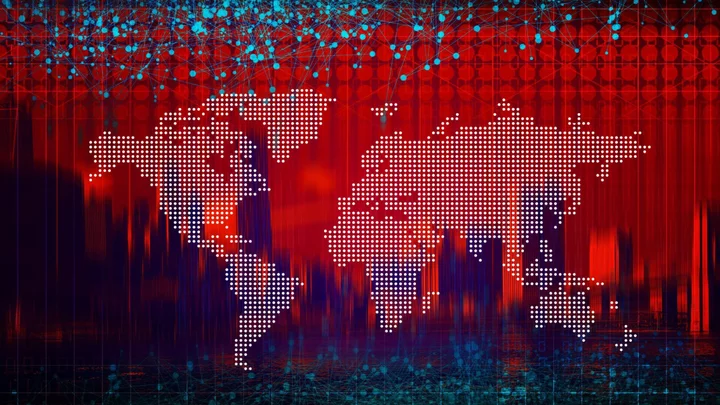
Google Bard, ChatGPT: Are AI chatbots suppressing information about Israel and Palestine?
When Google's Bard AI is asked any question about Israel and Palestine, the chatbot basically
2023-10-27 01:21
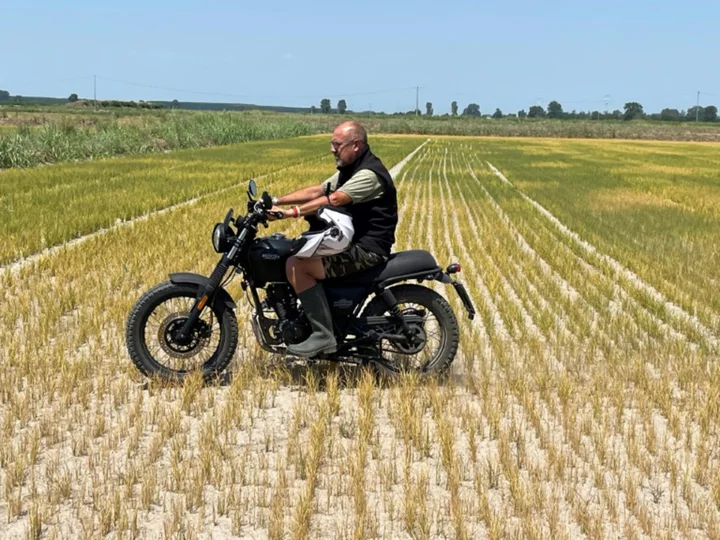
EU's next food fight: regulating gene-edited crops
Extreme weather caused by climate change has damaged food production...
2023-05-22 15:50
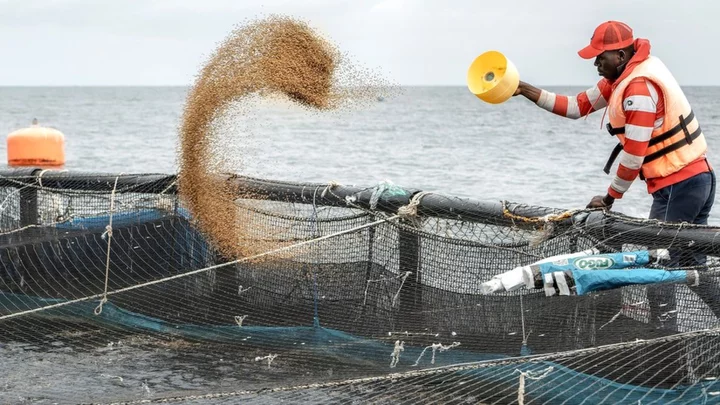
Despite risks fish farms are booming in Africa
Farming fish has seen rapid growth in Africa but it can be an expensive, high-risk operation.
2023-09-22 07:45
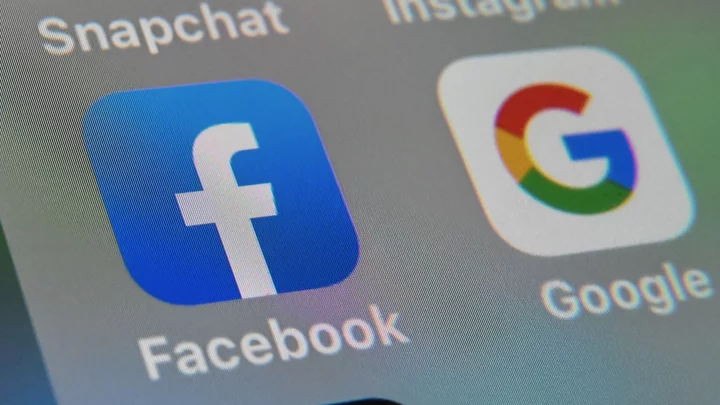
Class-Action Suit Goes After H&R Block, Google, Meta for Alleged Tax Data Sharing
A law normally used to prosecute organized crime is being invoked to go after Facebook’s
2023-10-03 05:21

Christy Turlington 'didn't know the words' to George Michael's Freedom!
Christy Turlington has revealed that she had a last-minute panic before she shot the 'Freedom!' music video.
2023-09-25 19:21
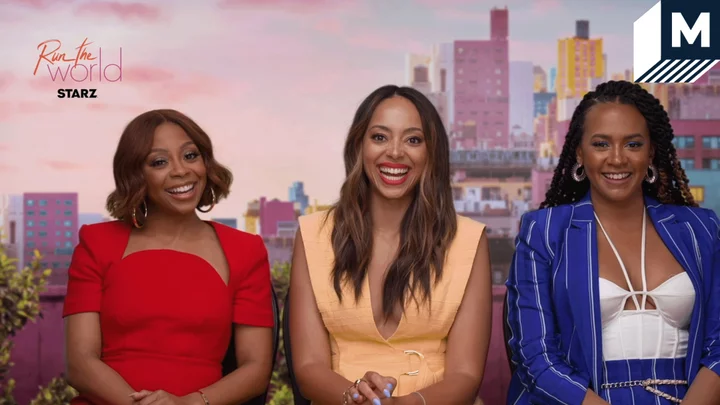
'Run the World' Season 2 is all about metamorphosis
Amber Stevens West, Bresha Webb, Corbin Reid and the cast of 'Run the World' tell
2023-06-10 05:15

Lewis Hamilton faces second FIA investigation for walking across track in Qatar
Lewis Hamilton is facing a second investigation by Formula One’s governing body for walking across the track at last weekend’s Qatar Grand Prix. Hamilton, 38, was fined £43,350 – half of which is suspended for the remainder of the season – in the hours after the race in which he crossed the circuit following a first-corner crash with Mercedes team-mate George Russell. But seven days on from the incident in Lusail, and in a largely unprecedented move, the FIA has said Hamilton’s actions are again under review. A spokesperson for the governing body said on Sunday: “The FIA is revisiting the incident in which Lewis Hamilton crossed a live track during the Qatar Grand Prix. “The FIA notes that Lewis was apologetic during the subsequent stewards’ hearing into the incident and acknowledged that the crossing was a serious safety breach. “However, in view of his role model status, the FIA is concerned about the impression his actions may have created on younger drivers.” Following the original investigation, in which Hamilton was also reprimanded, the stewards noted that “crossing a live track can cause extremely dangerous situations and the drivers have to be very cautious about it.” It is thought that under the FIA’s rules, it is unlikely Hamilton will face additional penalties. But it is possible harsher punishments could be handed out in the future for a similar infringement. Hamilton will be back in action at next weekend’s US Grand Prix in Austin. Read More FIA to review Qatar GP as ‘dangerous’ temperatures prompt driver complaints Lewis Hamilton and George Russell vent anger on radio after collision in Qatar Lewis Hamilton crashes out after first-corner collision with George Russell
2023-10-15 18:21
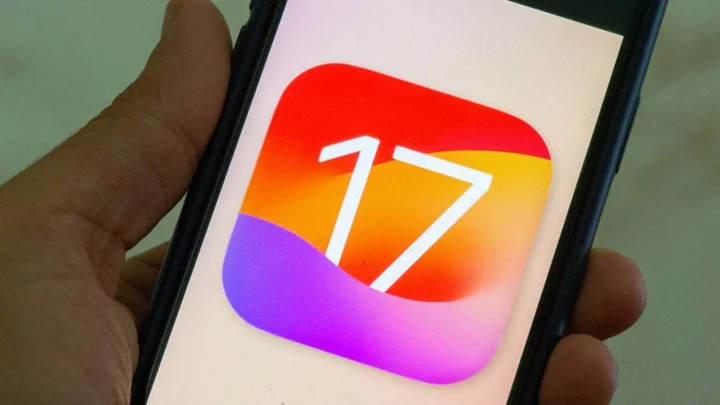
iOS 17 Siri can read Safari articles for you: 5 other new things it can do
iOS 17 officially rolled out to the masses in mid-September, which means iPhone users have
2023-09-27 22:48
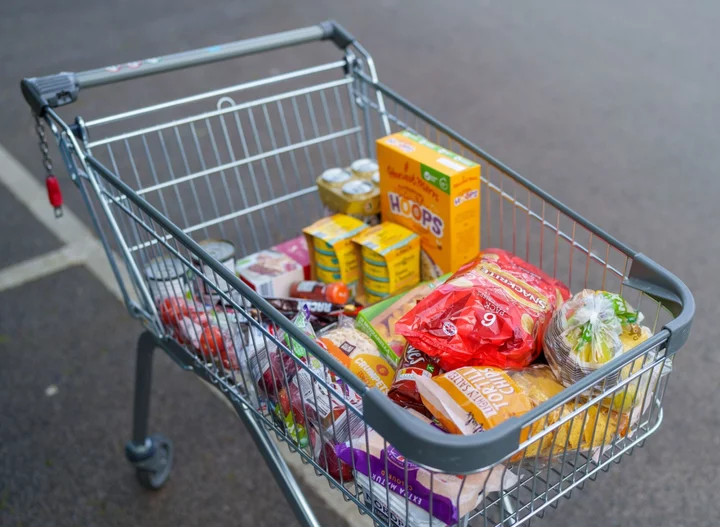
Prices in UK Shops Drop for the First Time in Two Years
Prices in UK stores fell for the first time in two years, in another sign that the cost-of-living
2023-08-01 07:16
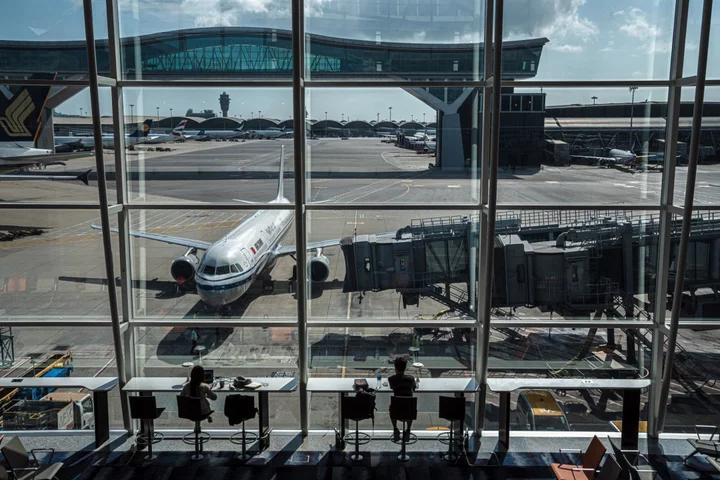
Hong Kong Aviation Recovery Is Coming Much Sooner Than Expected
Hong Kong’s aviation sector will recover to pre-pandemic levels by the end of 2024, three years sooner than
2023-07-04 12:16
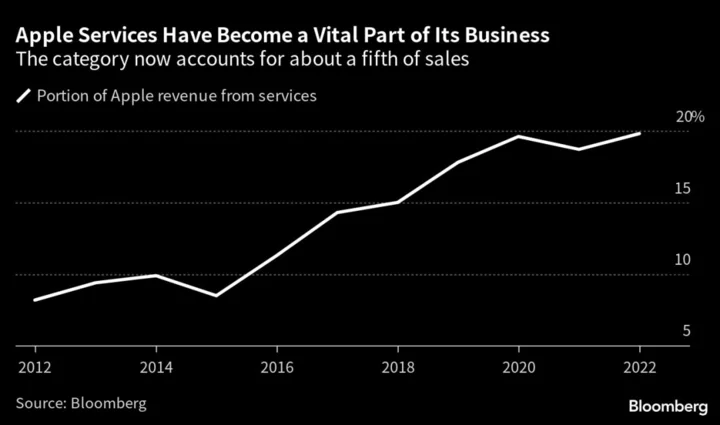
Apple Executive in Charge of TV+ and Sports Businesses to Depart
Apple Inc.’s top executive in charge of its video and sports businesses is departing, according to people familiar
2023-05-11 01:58
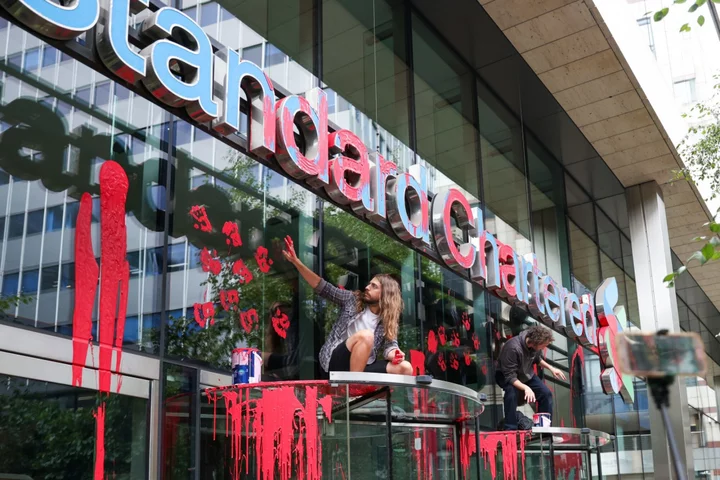
The Big Climate March Returns in an Era of Soup-Throwing Protests
In September 2019, an estimated 250,000 people took to the streets of New York City. The marchers, who
2023-09-16 16:52
You Might Like...

Banana Republic x Peter Do Collab Is Full Of Businesscore Suiting & Wardrobe Essentials
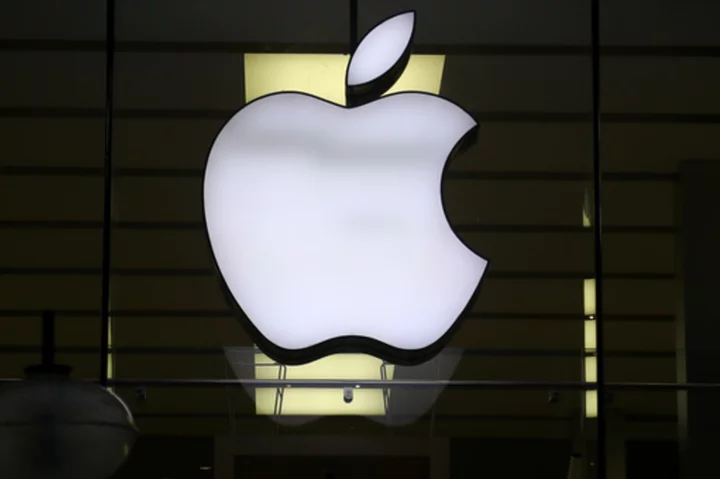
Apple raise prices for Arcade gaming subscription service, AppleTV+ streaming
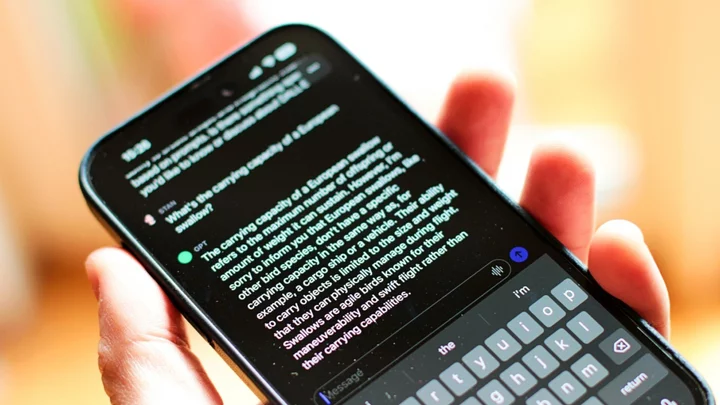
ChatGPT's app for iOS is now available in the UK and 10 more countries
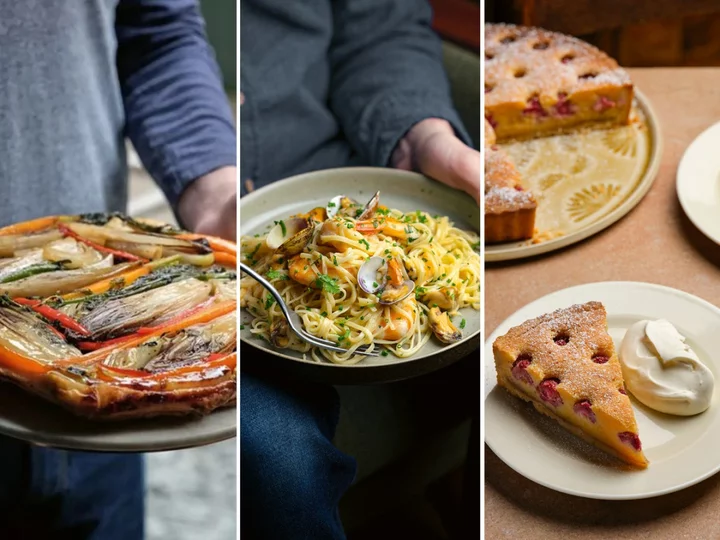
Is French cooking ever fuss-free?

Who is Bogart? Three-legged dog wins 'AGT' judges' hearts, unimpressed fans call act 'lame'
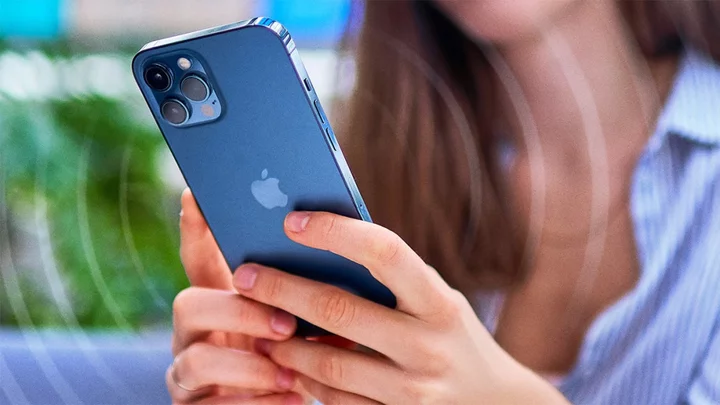
Here's Why You Shouldn't Be Too Worried About Smartphone Radiation
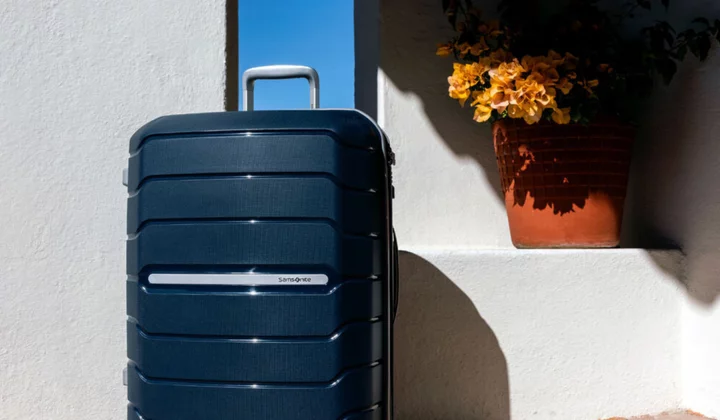
Planning a trip? Check out the best travel and event ticket deals this week.

Your Horoscope This Week: August 13 to 19, 2023
